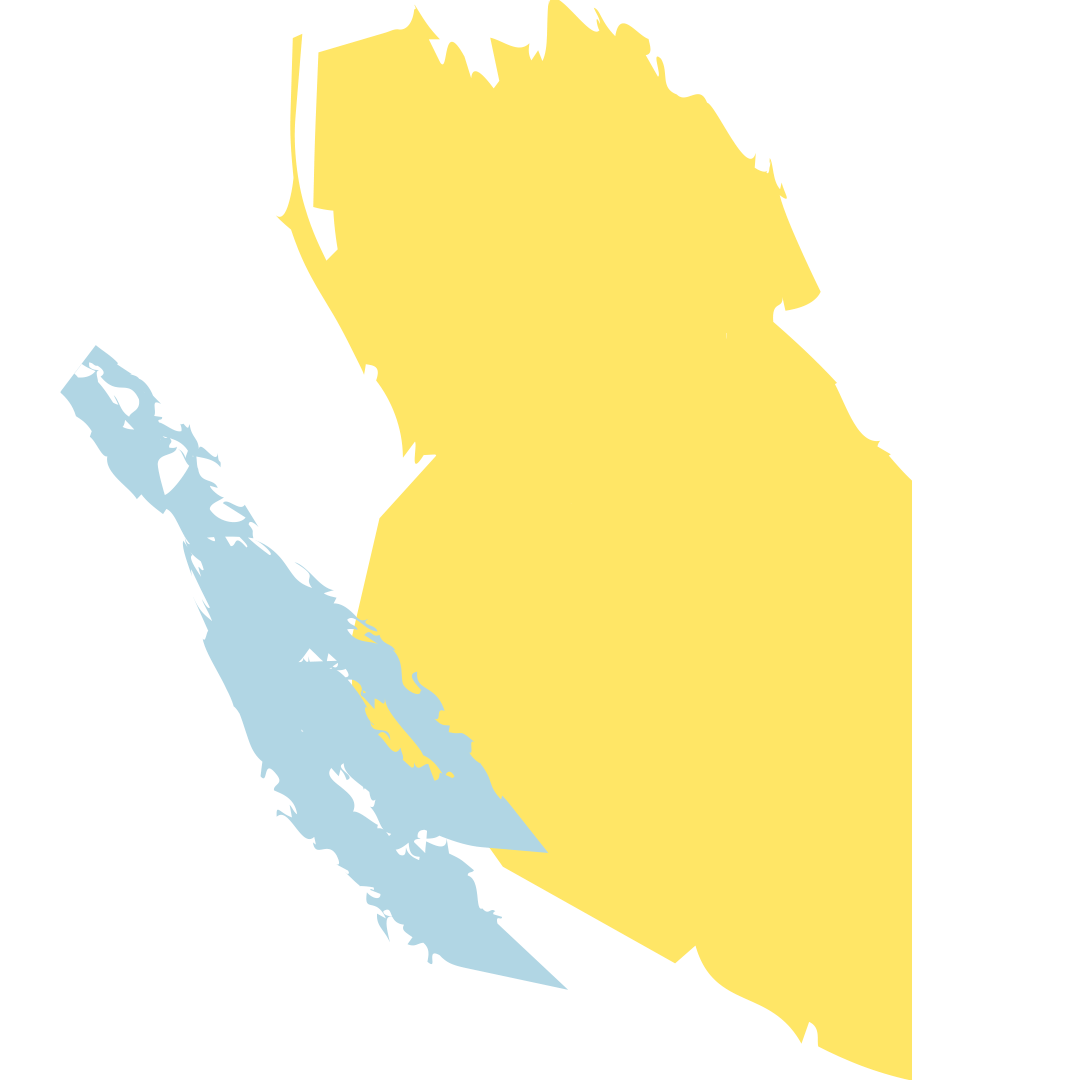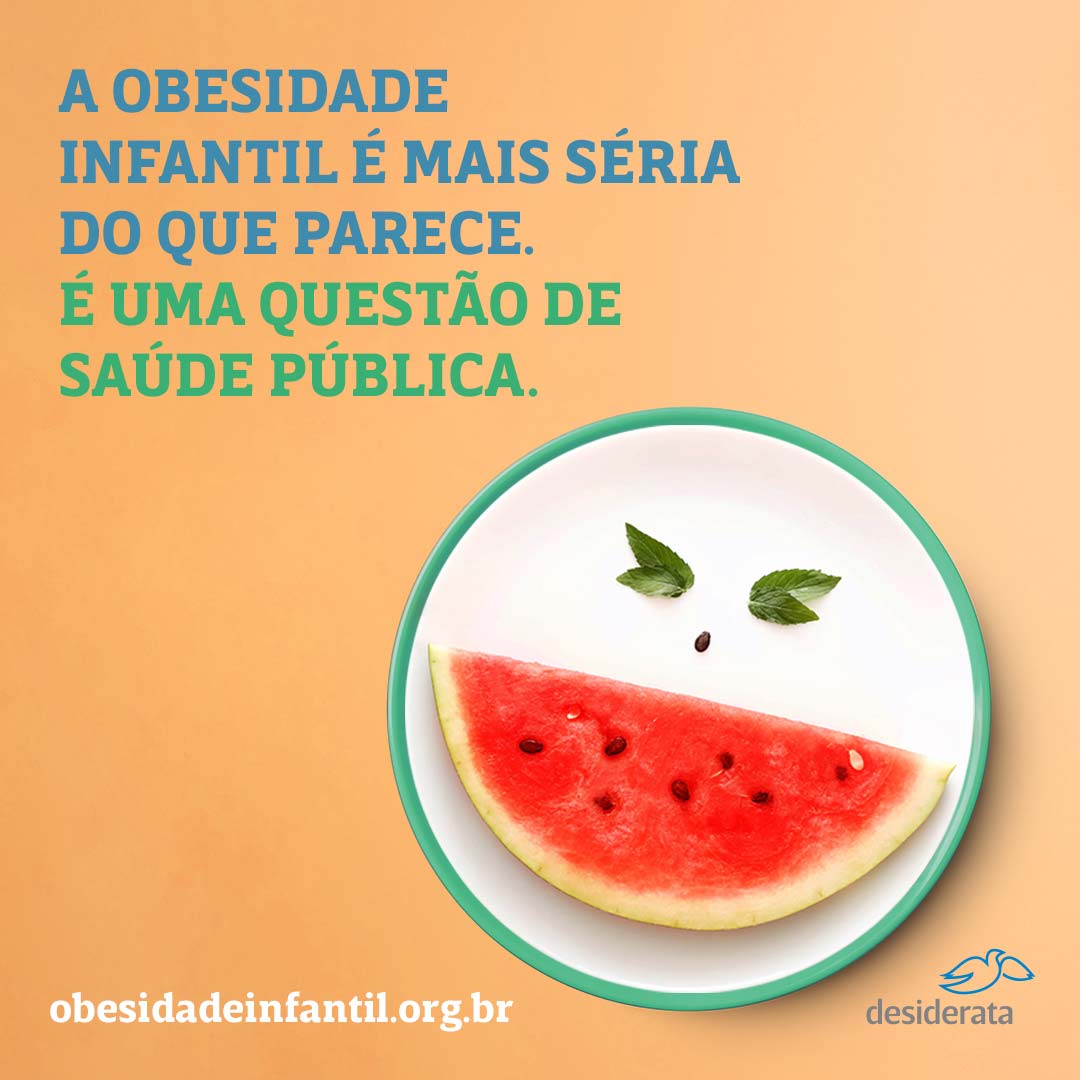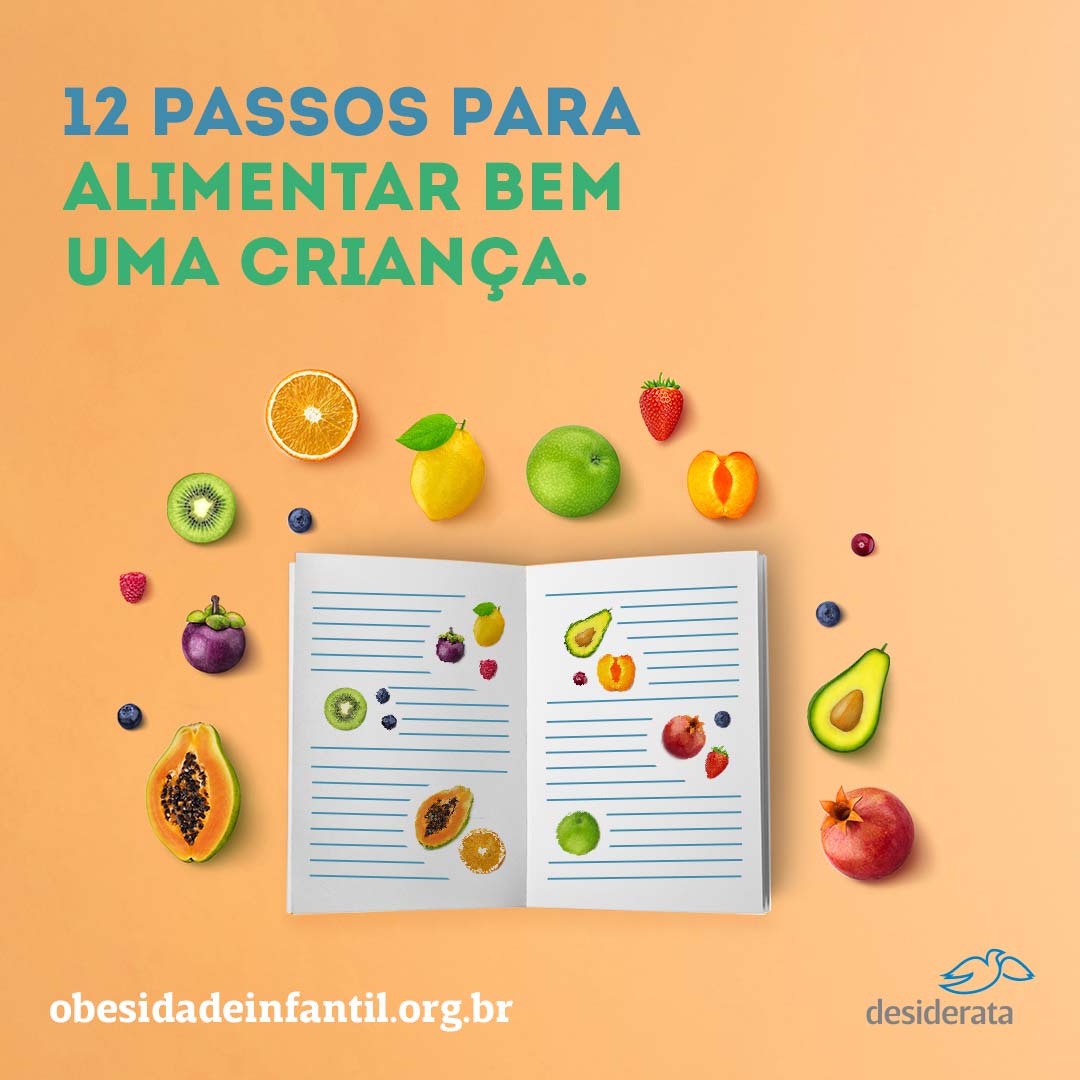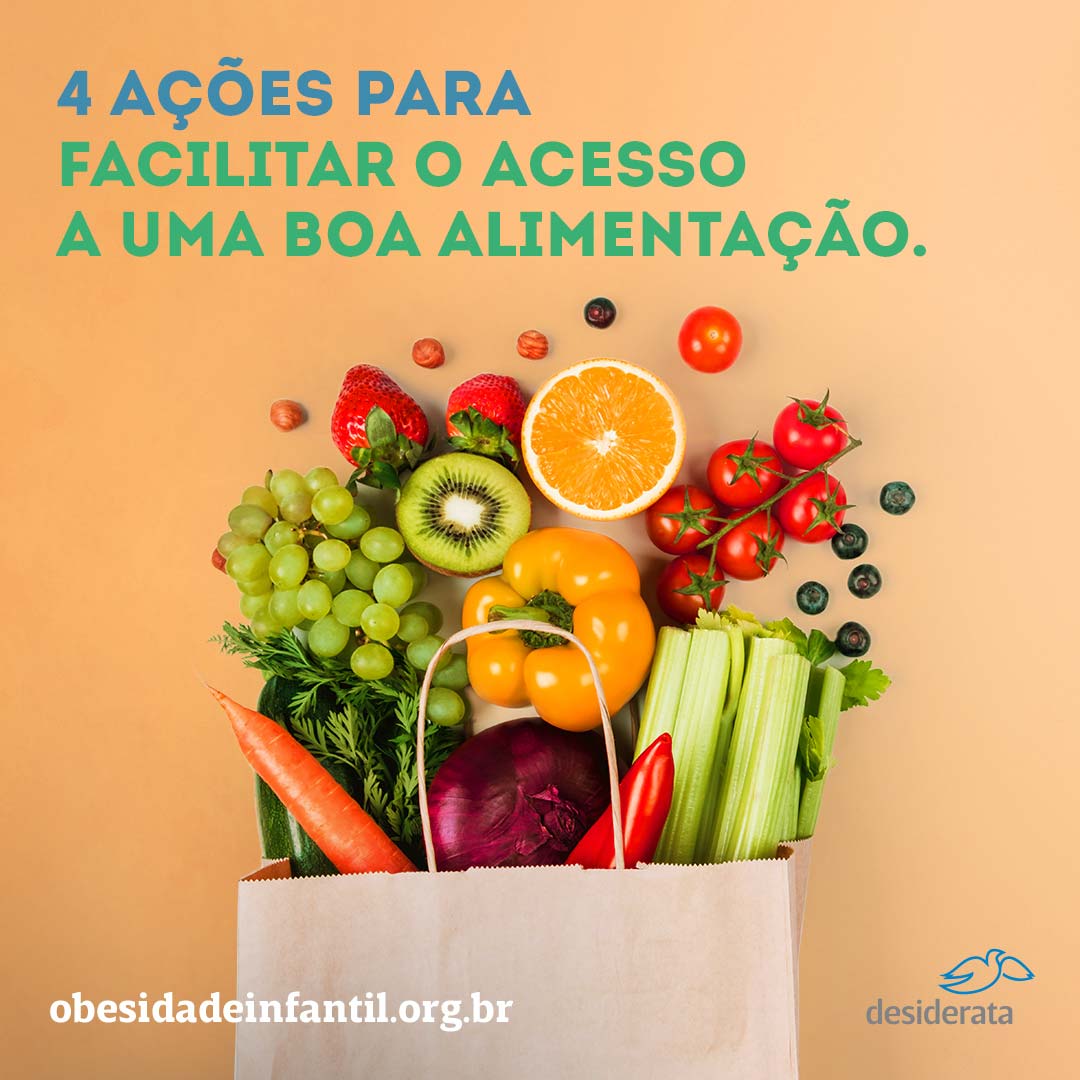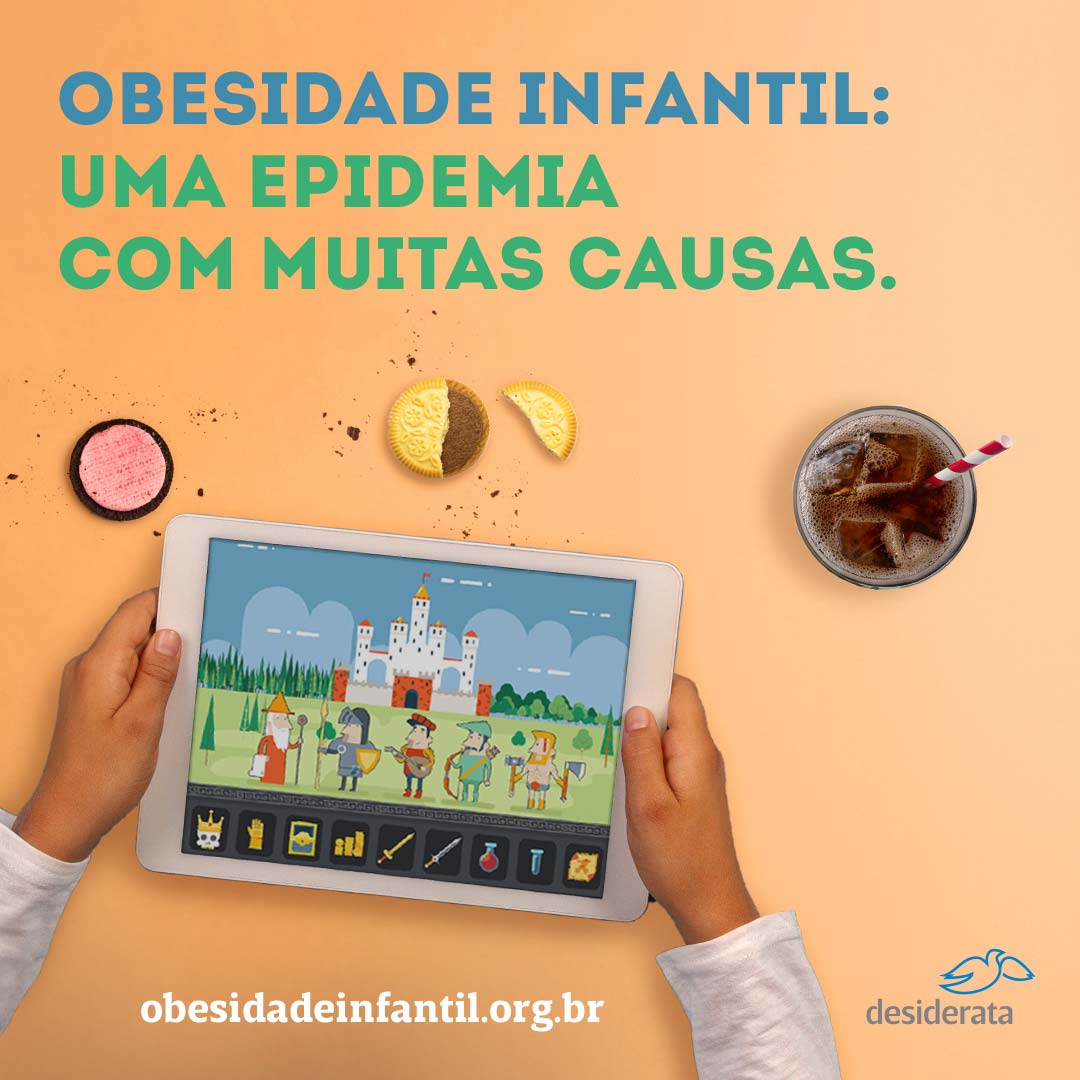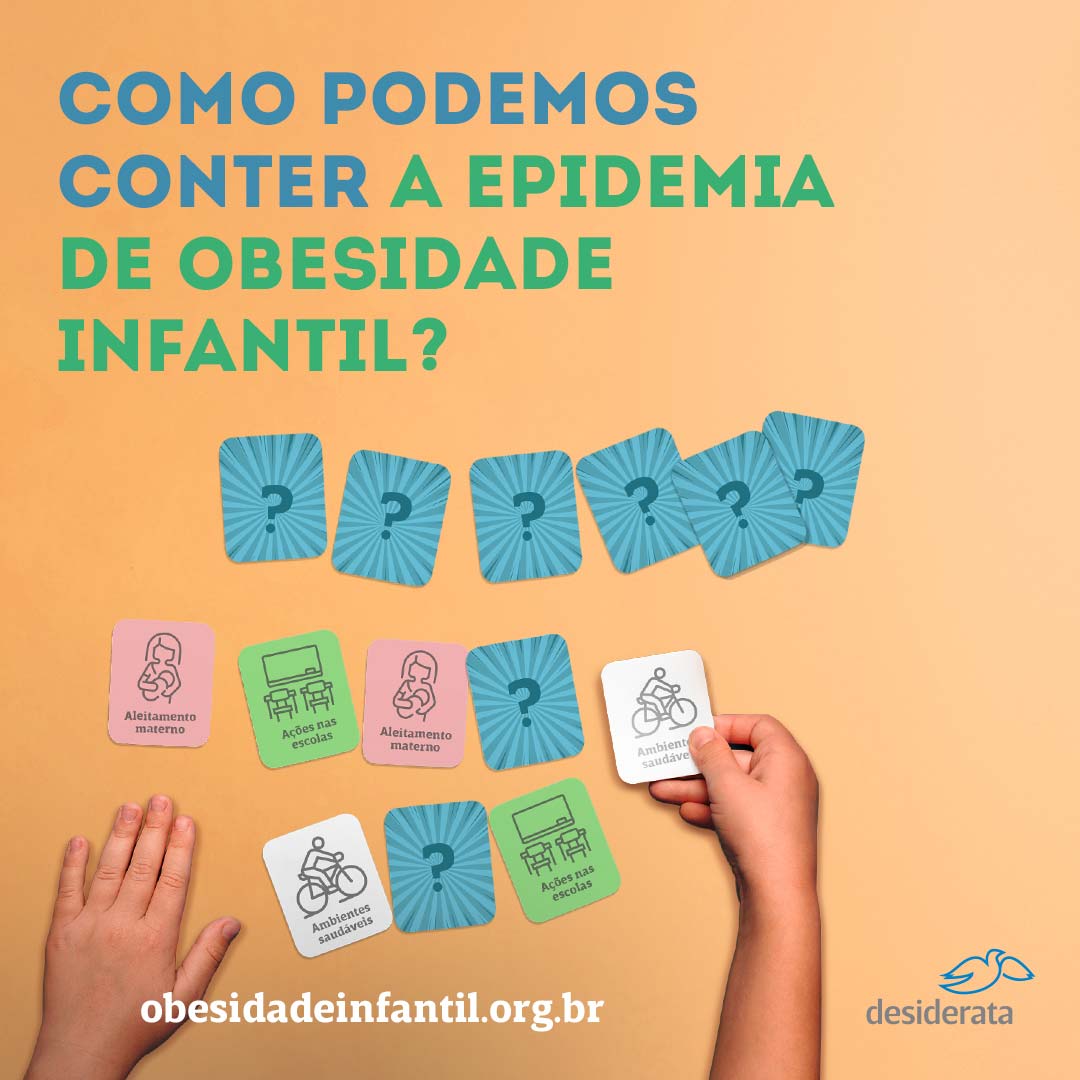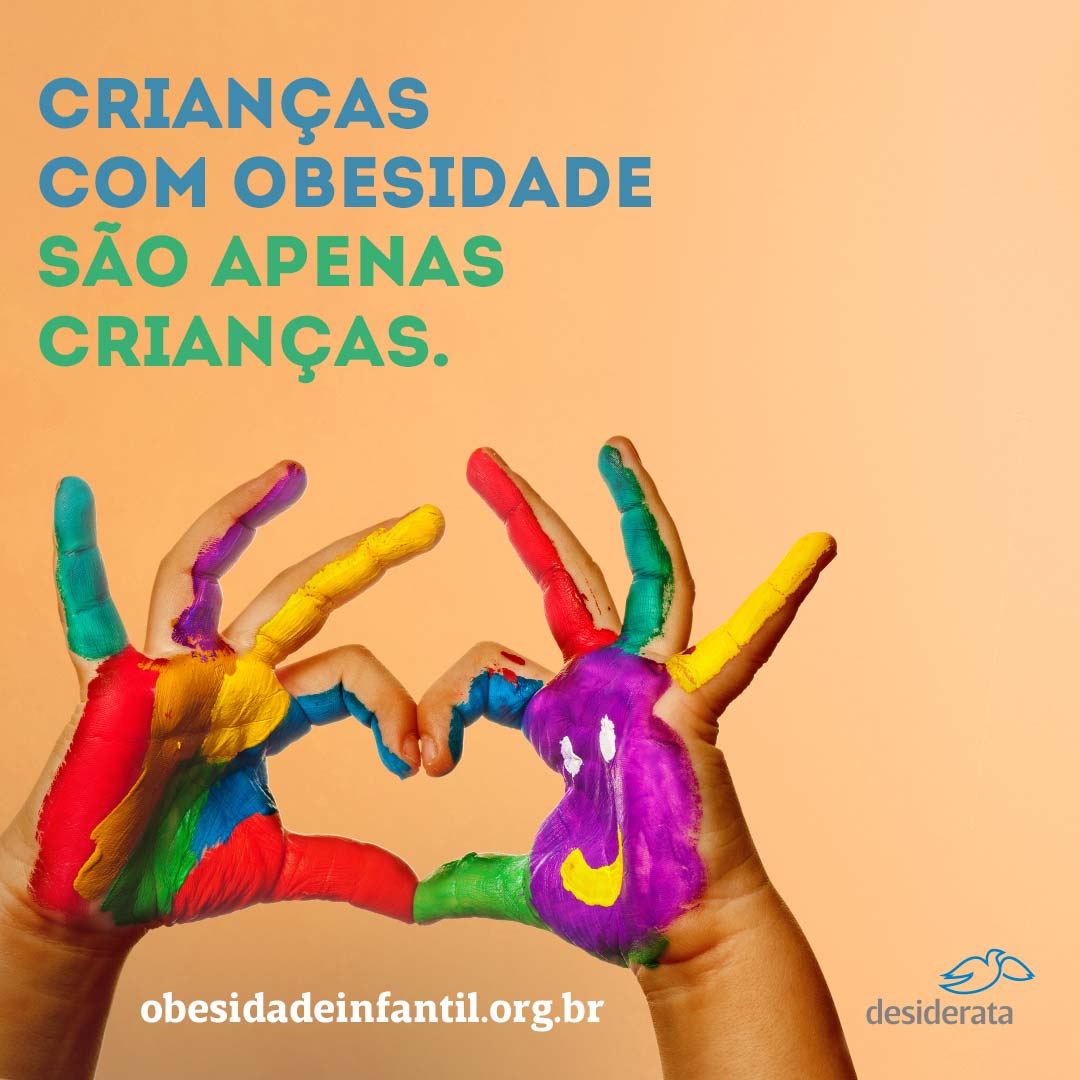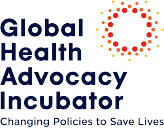Childhood Obesity
Childhood obesity is a recognized public health problem nationally and internationally. According to the World Obesity Federation, it is estimated that 158 million children under the age of five were overweight worldwide in 2020. In Brazil, it is estimated that about 30% of children and adolescents treated in the SUS primary care are overweight. Childhood obesity stems from a number of factors, especially through environment conditions that permeates multiple contexts: family, community, school, social, and political.
